China hands Canadian 11-year jail term, raising Ottawa's ire
Tensions continue to simmer between Beijing and Ottawa over judicial trials involving the citizens of both countries, as a court in China has handed a lengthy prison term to a Canadian businessman for espionage, triggering an angry response from Canada.
The Liaoning Dandong court on Wednesday found Michael Spavor guilty of espionage and sentenced him to 11 years in jail, confiscation of property, in addition to 50,000 yuan ($7,715) in fines.
Spavor, along with another Canadian citizen and former diplomat Michael Kovrig, were detained in China in 2018.
Spavor "was convicted of espionage and illegally providing state secrets," Dandong city's Intermediate People's Court said in a statement.
"He was sentenced to 11 years in prison."
Kovrig is awaiting his court verdict in the espionage case.
Reacting to the verdict on Wednesday, Canadian Prime Minister Justin Trudeau criticized Spavor's jail term as "unacceptable and unjust.”
"The verdict for Mr Spavor comes after more than two-and-a-half years of arbitrary detention, a lack of transparency in the legal process, and a trial that did not satisfy even the minimum standards required by international law," Trudeau said.
Canada's ambassador to China, Dominic Barton, who was speaking to reporters via video call from the northeastern city of Dandong, said he had met with Spavor following the verdict, and that Spavor had three messages which he asked to be shared with the outside world, "Thank you for all your support," "I am in good spirits," and "I want to get home."
Barton said he interpreted the ruling to mean that Spavor would be deported after serving his sentence.
He said Spavor and Kovrig were being detained arbitrarily and that Canada would continue to call for their release.
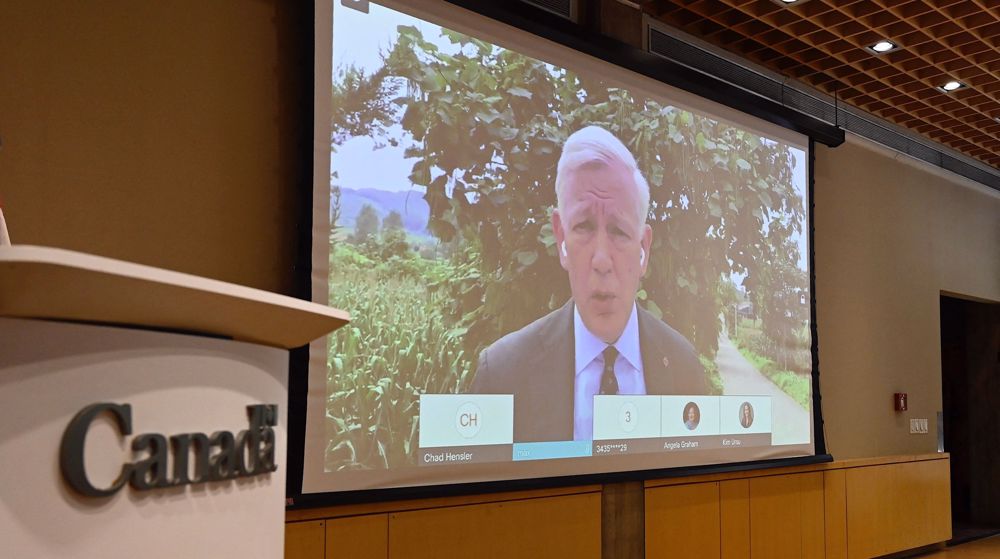
Wednesday's ruling comes hot on the heels of another verdict by the Chinese judicial system on Tuesday which provoked the ire of the Canadian government.
On Tuesday, a Chinese court rejected an appeal by and upheld a 2019 death penalty against Canadian Robert Lloyd Schellenberg who has been convicted of drug trafficking, following his arrest in 2014.
The court said the facts presented in the earlier trial against Schellenberg were clear and the evidence “reliable and sufficient.”
The cases come amid the background of a trial in Canada involving Chinese top Huawei executive Meng Wanzhou. She was arrested back in 2018 and is awaiting a verdict on possible extradition to the United States over charges of selling goods and thus breaking the sanctions imposed by Washington against Iran.
Lawyers in Canada, representing the chief financial officer of the Chinese telecoms giant, have for years been fighting to convince the court not to extradite Meng to the United States. Both Meng and Huawei have denied any wrongdoing.
Barton reiterated earlier claims by Trudeau that the court proceedings against Canadian citizens were not a coincidence and that Chinese officials had clearly indicated that the court cases were somehow linked to one another.
Beijing, however, denies any link between the Canadians' and Meng’s arrest, pointing to the independence of the judiciary branch of its government.
VIDEO | Iranian embassy in Malaysia celebrates Islamic Revolution anniversary
VIDEO | Press TV's news headlines
VIDEO | Hundreds protest Israeli president's visit in front of Australia's parliament house
Iran officials hail massive rallies marking Islamic Revolution anniversary
Global congratulations pour in for anniversary of Islamic Revolution
Pezeshkian: Iranians have taken to streets to defend country
Netanyahu pushing to turn US into ‘slave state for Israel’s expansionist dreams’: Analyst
Iran’s security chief meets with Yemen's Ansarullah official in Oman


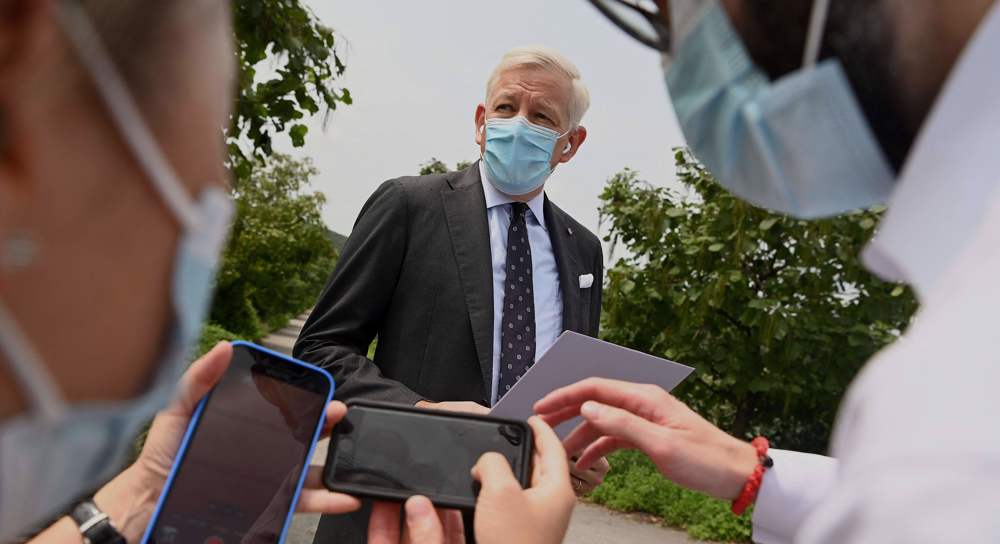
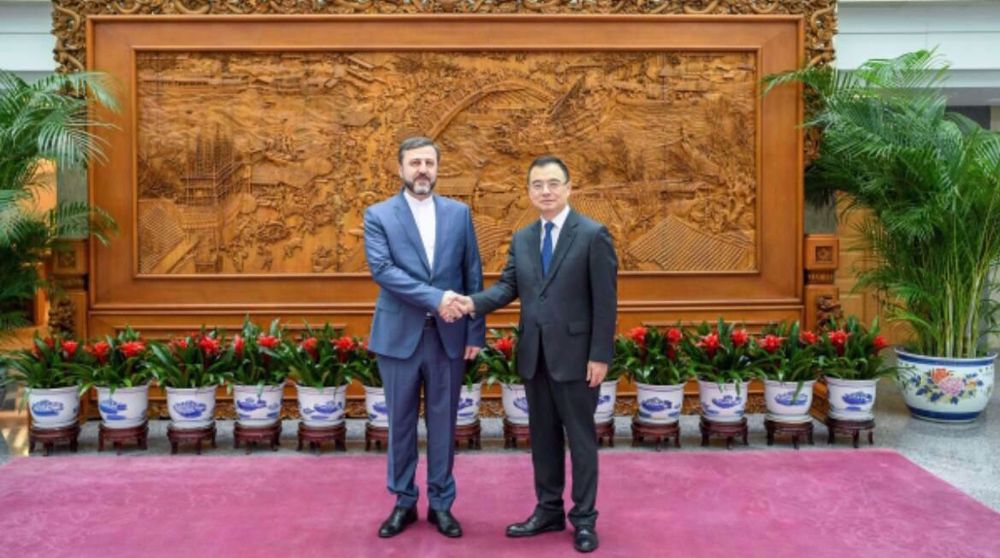

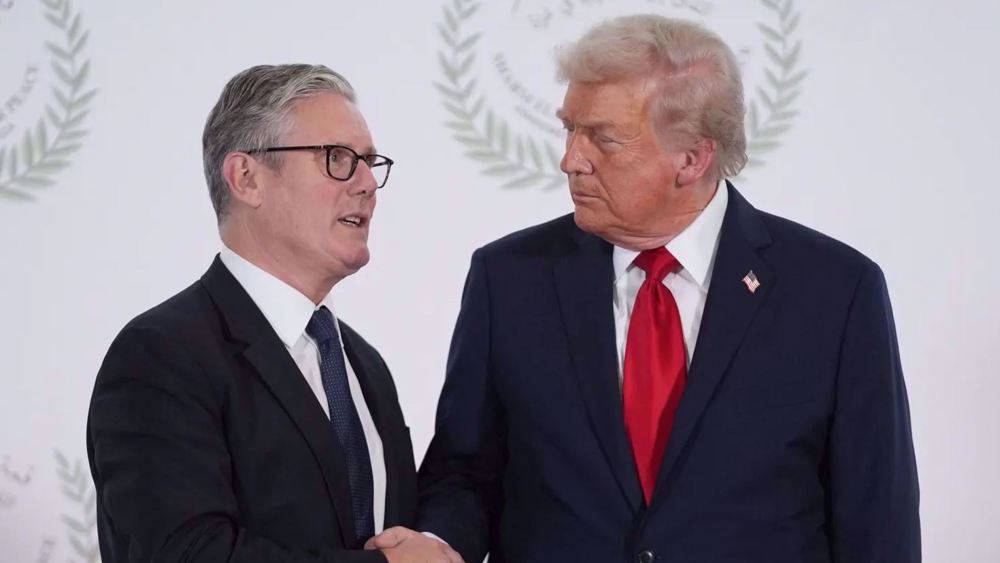



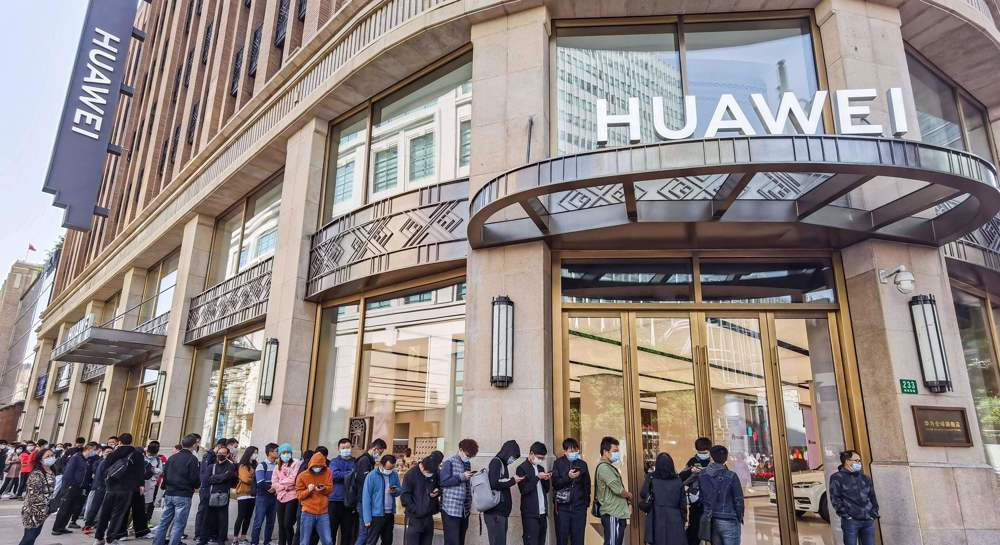
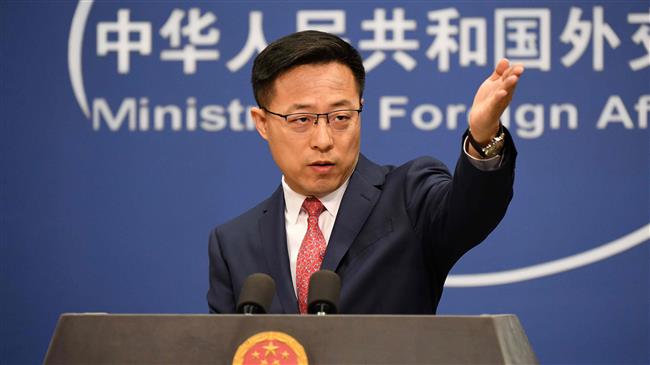
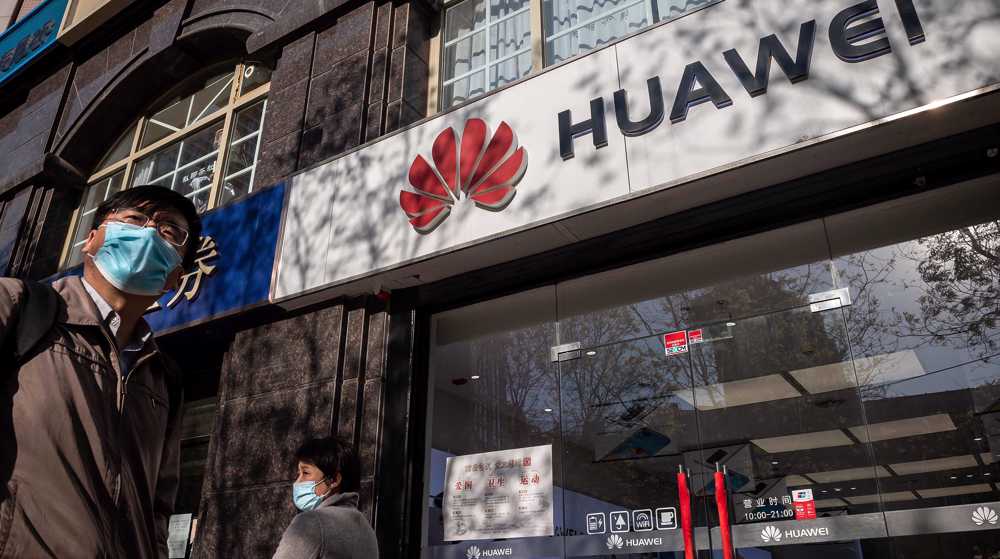
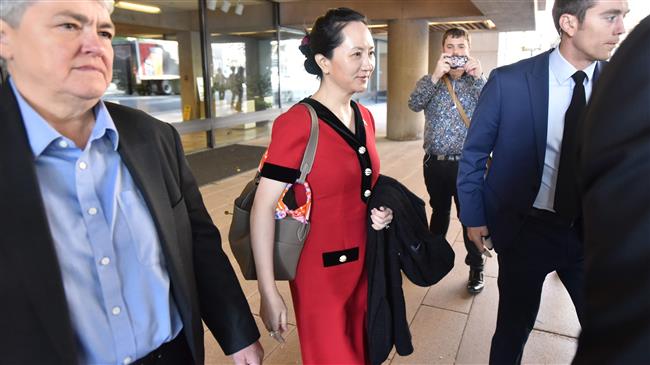
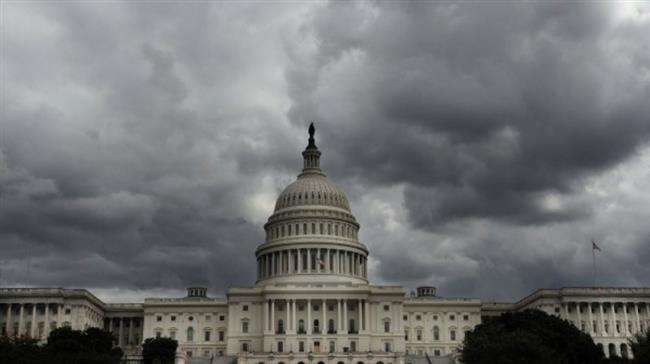

 This makes it easy to access the Press TV website
This makes it easy to access the Press TV website